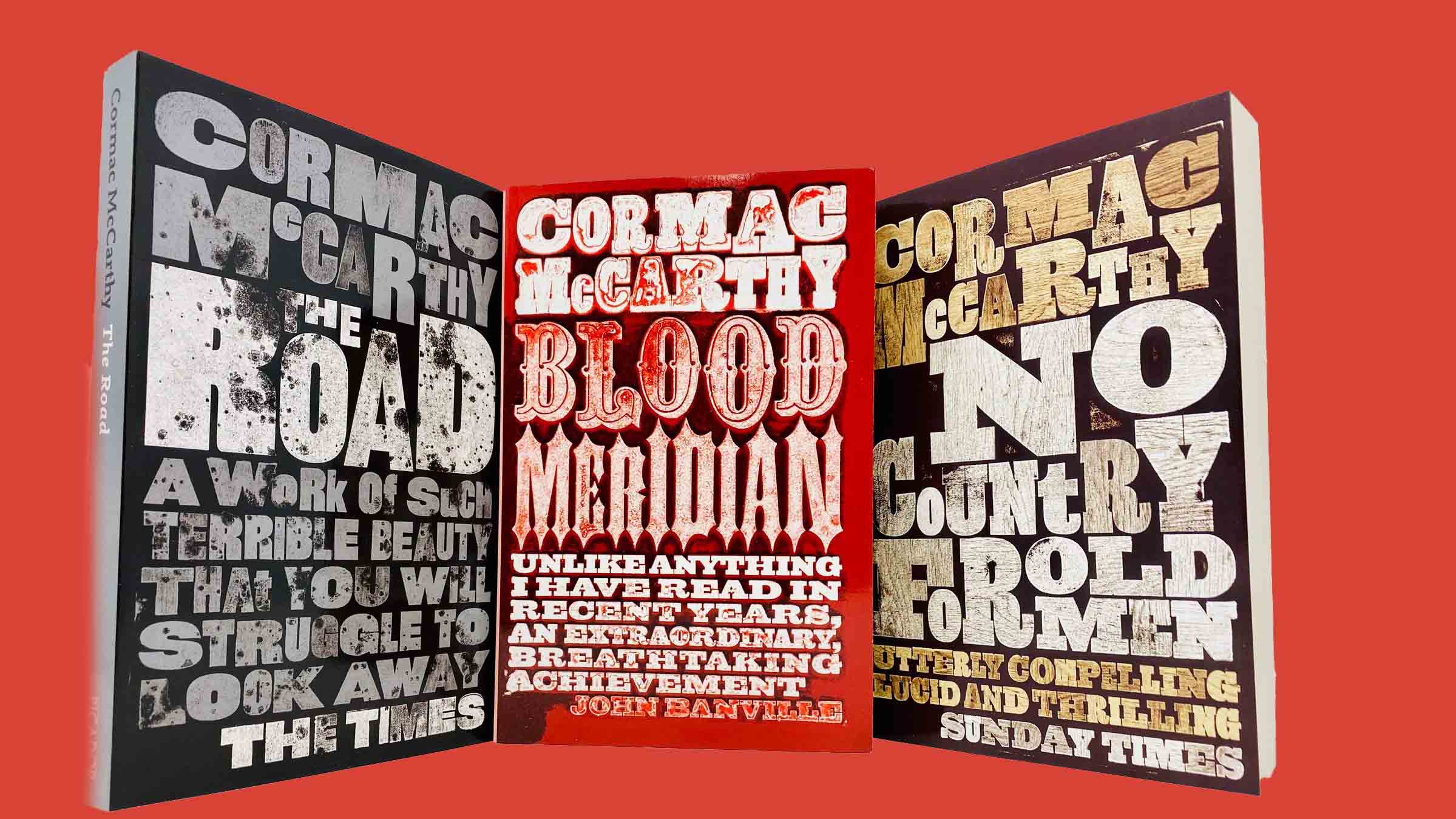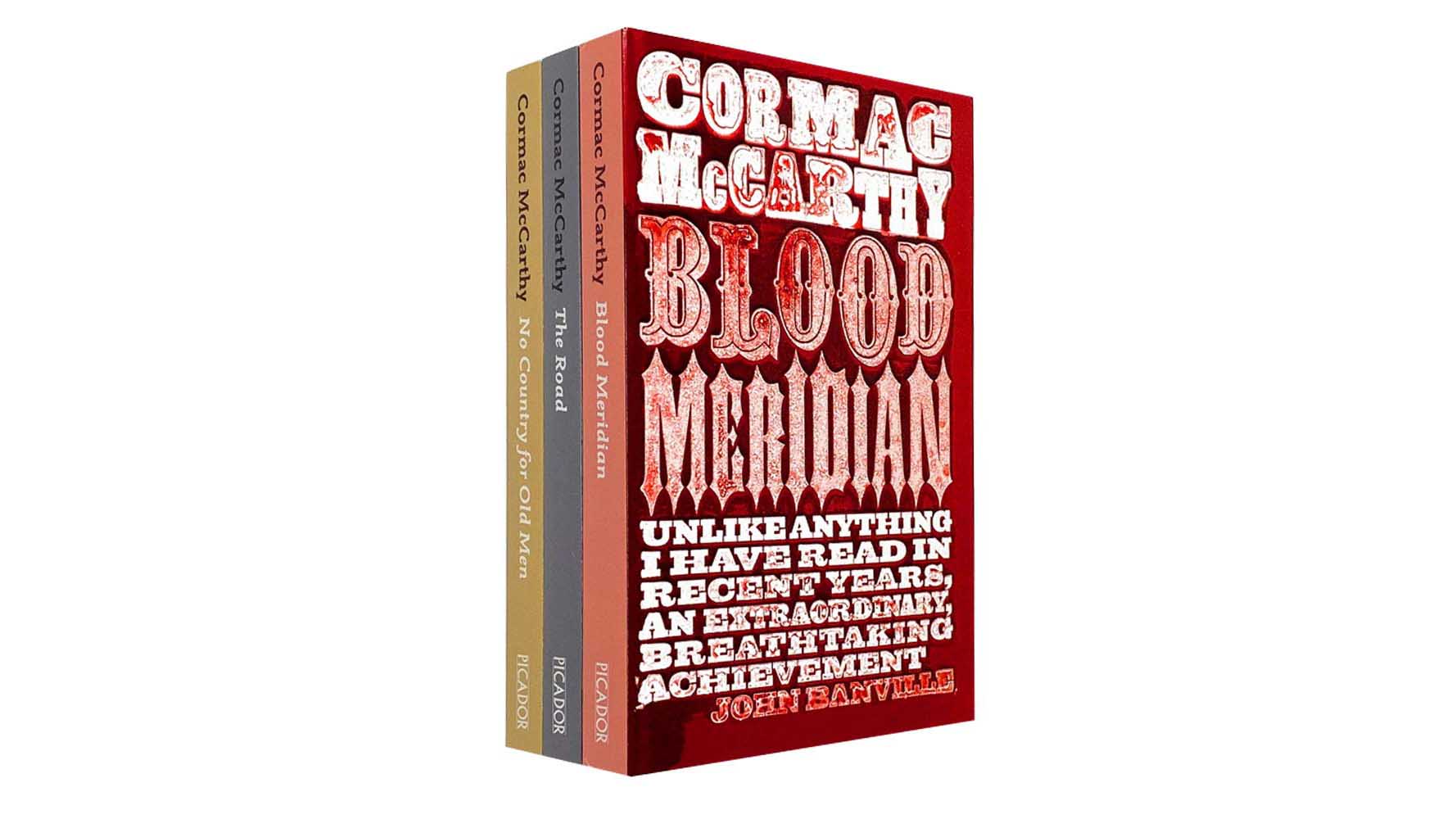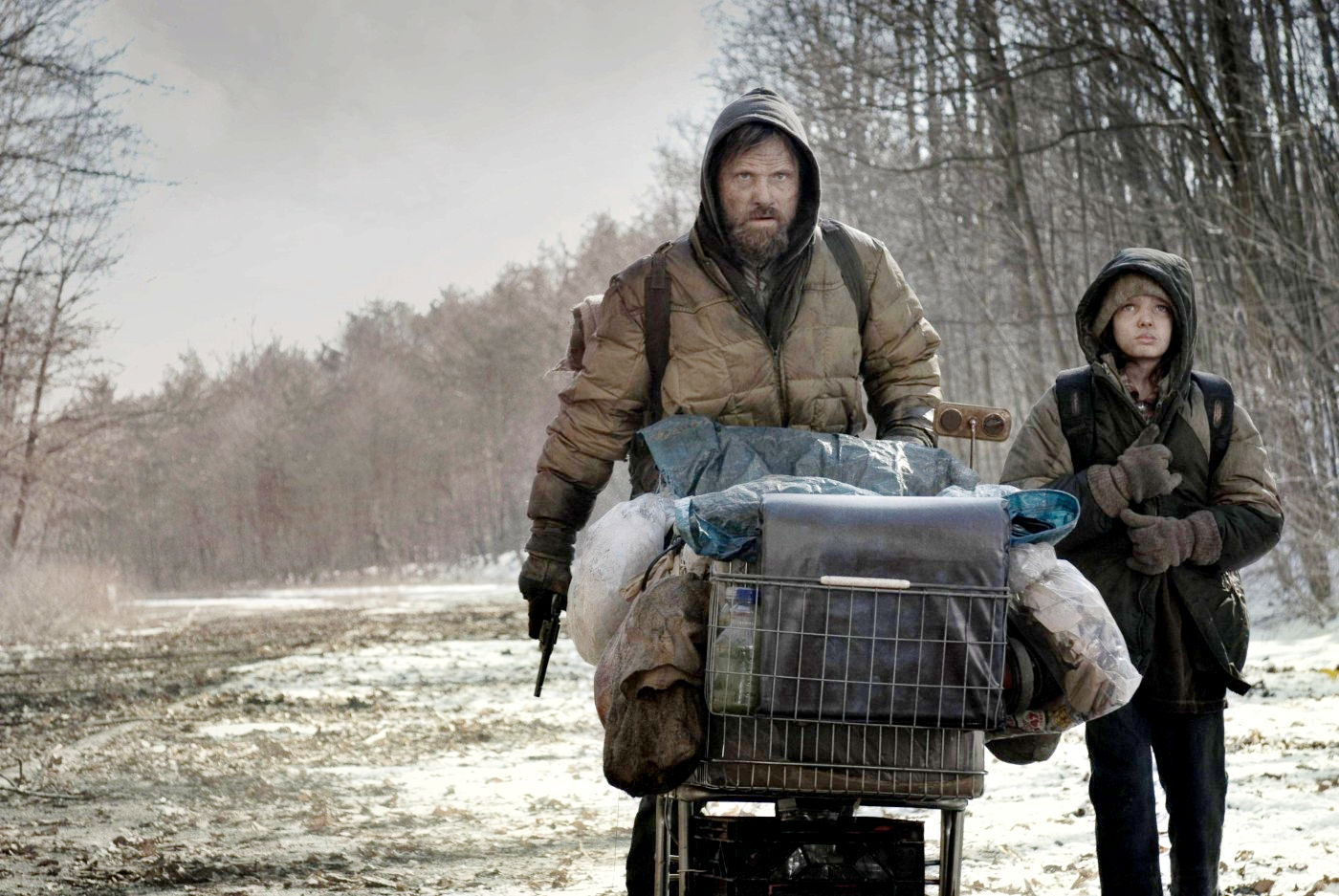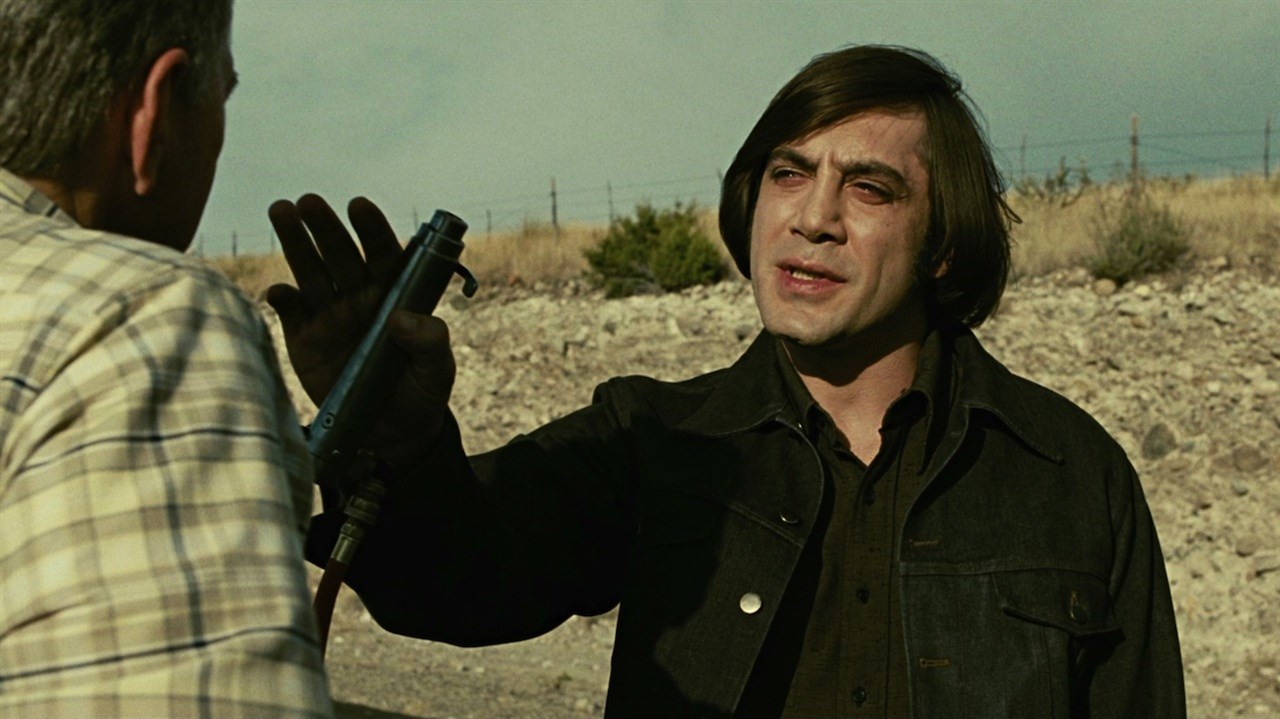20 Things You (Probably) Didn't Know About Cormac McCarthy
RIP to one of the world's greatest writers...

Cormac McCarthy has died at the age of 89. One of the greatest American writers, he penned novels that captured an America that was wild and violent, shifting genres where needed to tell his tense tales.
Like his use of punctuation, his moments in the public gaze were sparse. He turned down thousands of interviews, giving the last few of them when he was still a young man in Knoxville, the basis for his breakthrough novel Suttree.
In short, not a lot is known about him, so hopefully these 20 facts will shed some light on one of the most reclusive yet brilliant novelists of our time...

1. His first ever televised interview after a career spanning nearly four decades, occurred in 2007 with a chinwag with Oprah. His first words were about his general shunning of the media spotlight: “I don’t think it’s good for your head – if you spend a lot of time writing about a book, you probably shouldn’t be talking about it, you should be doing it.”
2. Cormac agreed to the interview because Oprah had chosen his 2006 novel The Road as the April 2007 selection for her Book Club. The interview took place in the library of the Santa Fe Institute, where the author devotes much of his spare time.
3. In fact, McCarthy prefered scientists over writers. Balking the literary establishment he didn't keep up with literary trends and by his own admission hadn’t read a novel in years.
4. McCarthy did, however, read and even copy-edit Lawrence Krauss’s recent book on famed physicist Richard Feynman, Quantum Man. McCarthy enjoyed the book, but felt it suffered from too many semi-colons.
Get exclusive shortlists, celebrity interviews and the best deals on the products you care about, straight to your inbox.
5. Cormac was neither passionate about being a writer, nor did he see it as a chore or a burden. "Sometimes it's difficult," he once said. "You always have this image of the perfect thing which you can never achieve. But you should never stop trying to achieve... Each day you always hope to do something better than you've ever done."
6. Cormac didn't plot out entire books. "That would be daft," he said. "You have to trust in wherever it comes from... Usually you don't know where a book comes from, it's just there. Some kind of an itch that you can't quite scratch."

7. The Roadwas born from a specific moment, however. In roughly 2002, Cormac and his young son, John, went to El Paso and checked into an old hotel. One night at about 2am, as John slept, Cormac went over to the window and looked out over the town. Nothing moved, but he could hear trains and described it as "a very lonesome sound". He had an image of what the town might look like in 100 years. "I thought a lot about my little boy and I wrote [some] pages... About four years later I woke up in Ireland and realised it wasn't two pages of a notebook, it was a book. And it was about that man and that little boy." The book is dedicated to his son John.
8. For 40-something years, Hollywood has tried to bring Blood Meridian to the big screen. A novel seen by many as unfilmable - an idea Cormac actually rejected - there may actually be a breakthrough with The Road director John Hillcoat trying to adapt the ultimate anti-Western.
9. Cormac used the same typewriter for almost 50 years. He used his Olivetti Lettera 32 to write nearly all of his fiction, screenplays, and correspondence from 1960 to 2009. In 2009 the typewriter was auctioned by Christies to benefit the Santa Fe Institute and sold to an unidentified American collector for $254,500, more than 10 times its estimate.
10. His replacement? McCarthy's friend paid $11 for a typewriter of the exact same model, but in newer condition.
11. McCarthy's first novel, The Orchard Keeper, was published by Random House in 1965. He decided to send the manuscript to Random House because "it was the only publisher [he] had heard of". At Random House, the manuscript found its way to Albert Erskine, who had been editor for William Faulkner (pictured) until Faulkner's death in 1962. Erskine edited McCarthy's work for the next twenty years.
12. When asked if there was one thing we should all take from The Road, Cormac said it was: "To care about things and about people. To realise life is pretty good, even when it looks bad. We should appreciate it more and be grateful. I don' know who to, but be thankful for what you have."
13. In an interview with The New York Times in 1992 it was revealed that he quit drinking. "The friends I do have are simply those who quit drinking," he said. "If there is an occupational hazard to writing, it's drinking."
14. McCarthy once revealed that he is not a fan of authors who do not "deal with issues of life and death," citing Henry James and Marcel Proust (pictured) as examples. "I don't understand them," he said. "To me, that's not literature. A lot of writers who are considered good I consider strange."
15. In the 50s, he dropped out of the University of Tennessee to join the Air Force for four years, which included two years in Alaska where he hosted a radio program. Afterwards, he returned to the university only to drop out again.
16. His second of three wives, Annie DeLisle, was an English singer. They settled for many months on the island of Ibiza in the Mediterranean, where McCarthy wrote Outer Dark (1968). DeLisle actually typed "Suttree" for him: "twice, all 800 pages."
17. His favourite book was Moby Dick by Herman Melville.. Blood Meridian is often said to have distinct echoes of Melville's classic.
18. McCarthy told Oprah that he prefers "simple declarative sentences" and that he uses capital letters, periods, an occasional comma, a colon for setting off a list, but "never a semicolon." He does not use quotation marks for dialogue and believes there is no reason to "blot the page up with weird little marks."

19. In October 2007, Time published a conversation between McCarthy and the Coen brothers, on the eve of their adaptation of McCarthy's No Country for Old Men. McCarthy talked about his taste in cinema, claiming he's "not that big a fan of exotic foreign films" and citing Five Easy Pieces and Days of Heavenas "good movies" while praising the Coens' own Miller's Crossing (pictured) as "a very, very fine movie".
20. McCarthy initially began No Country for Old Men as a screenplay in the 1980s, but he eventually abandoned the format. Instead it was published in 2005 as his ninth novel. Needless to say Ethan and Joel Coen adapted it for film in 2007. In interviews supporting the film’s release, the Coen brothers joked that in adapting the novel for the screen, one of them simply held the book open while the other typed.
- The best dystopian books of all time